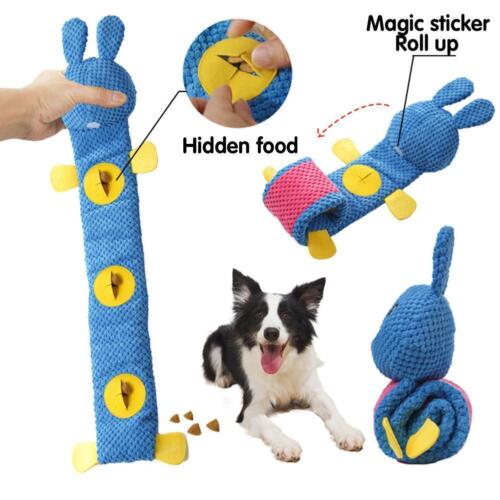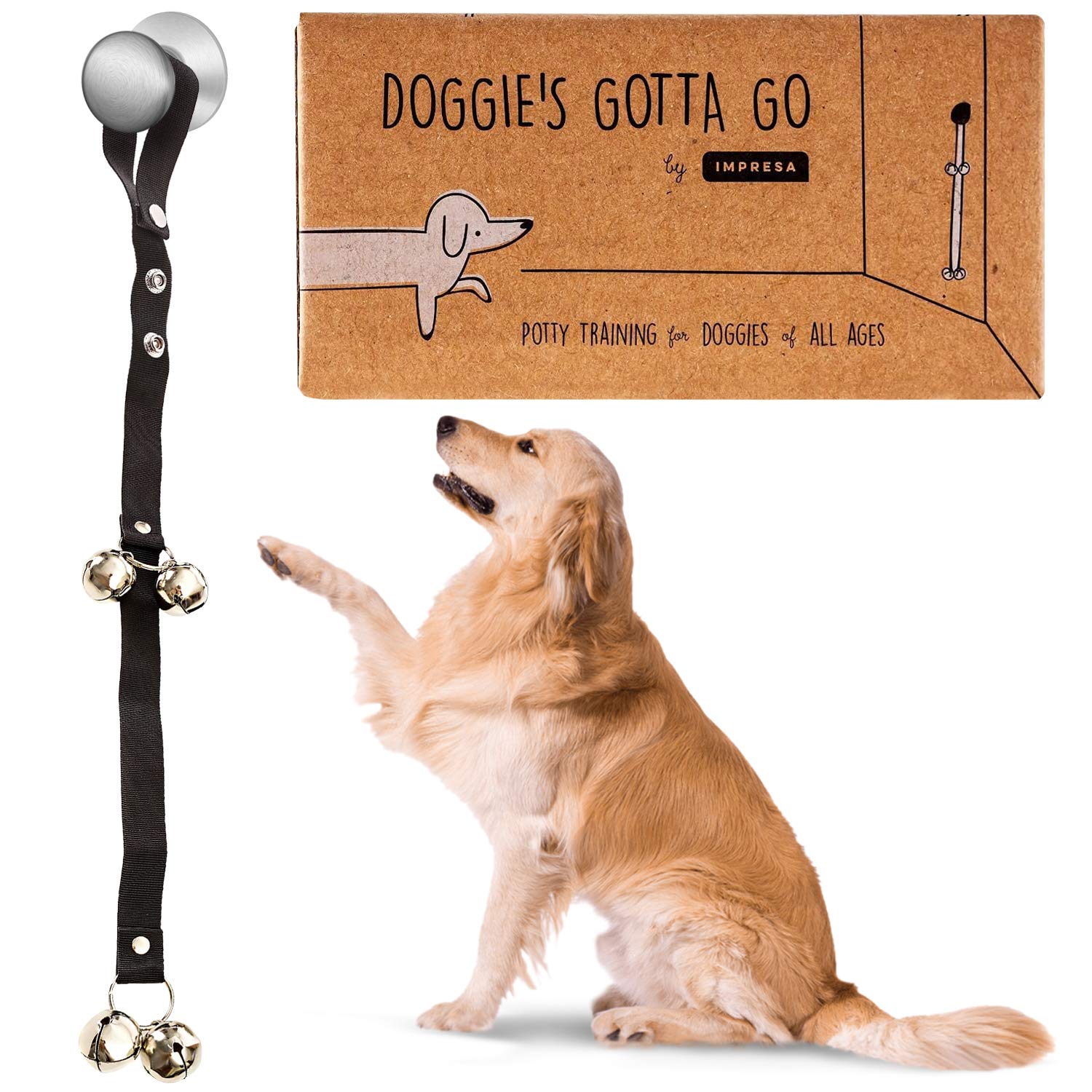
If you are trying to train your dog to stop rough play from puppyhood, you may also want to avoid corporal punishment. A puppy or adult dog should not be subject to physical punishment. This can lead to fear, aggression, anxiety, and even aggressive behavior. Here are some ways to keep your dog from playing rough. However, you should be cautious about punishing your puppy. These are some tips to discourage rough play from puppies and allow your dog to enjoy the outdoors.
You should not allow your puppy to get too rough with you.
You can allow your puppy to play rough with other puppies as soon as it arrives. But there are some things you need to do before it goes too far. Puppy's are still learning boundaries so they can get very overexcited. Dogs with traumatized backgrounds might be more likely to play rough to protect themselves. Your puppy's behavior should be regulated and controlled.
Keep your puppy socialized with his siblings and you for at least 12 months. This socialization period is very important for the development of the dog, and if you do not give him this time, he may be more prone to playing rough with other animals. If aggression starts to emerge, stop playing rough until he stops. This will prevent him from being aggressive around other dogs.
It is not a good idea to punish your dog for playing too rough in a relationship with another dog.
Poor socialization may be the cause of your dog getting too rough with another dog. Dogs that are not socialized with other dogs could misunderstand your signals and think it's OK to play rough without being punished. This behavior can be prevented by teaching your dog that rough play is unacceptable. Here are some tips that will help you teach your dog to avoid rough play.

If your dog is bad, you can punish him by giving him a negative experience. Positive punishment is more pleasant than negative, but it still has a detrimental effect. Positive punishments such as tugging on the leash and yelling at another canine often reduce the frequency of bad behavior while creating an unpleasant sensation. Begin by watching your dog and observing when he gets too rough with other dogs.
Using punishment is a bad idea when the behavior has stopped. It will cause your pet association with punishment for its behavior and can lead to other problems. An excessively harsh punishment can make a positive situation worse. You could cause your dog to be afraid of strangers, and this could lead to them becoming fearful of visitors.
There are ways to stop your dog from being too rough with you
Some dogs like rough-housing. But others should be discouraged. Although some dogs like rough-housing, their main goal is to learn and play with other dogs. However, this can't be said for aggressive dogs. You should limit your dog’s roughhousing to certain hours of the day. Give them a chew to help calm down.
Young puppies can get too excited and engage in excessive play when they are young. Dogs may learn this behavior from their parents but other dogs can play rough to establish dominance. This isn't exactly fun for everyone, and your dog might even bite or growl if they feel like it. You can train your puppy to recognize its boundaries to stop it from roughhousing.
One common cause of over-play is lack of socialization. Lack of socialization may lead to dogs not being able recognize boundaries and fear new situations, leading to over-rough play. Dogs can play rough in such situations to defend themselves. Your dog might be more likely to behave this way if you have suffered abuse as a child. You should immediately stop contact with your dog if you are concerned that your dog may be showing signs of abuse.
Pay attention to how your dog plays. You can recognize signs of aggression and calm your dog. Try to learn your pup's body language so that you can spot the warning signs before he or she starts being too rough. If you notice a sudden change in behavior, try to calm your puppy down before it escalates to dangerous levels. You can also keep an eye out for his friends.

Keep your training consistent. Your dog will learn to play rough, which is part of their socialization process. Although it is natural for dogs to play, it is important that your dog understands what that means. A single incident could also ruin your dog's socialization skills. Even if you're playing with your dog, you shouldn't get too close to the treasured item.
Aggression problems can be solved by distracting your dog. Give your dog a puzzle or game to distract him. You can give him a time-out if he doesn’t enjoy the game. Give him a break and he will soon learn self-control. He'll also stop roughhousing. Your dog shouldn't become aggressive.
Make sure your dog has a safe environment to play in. You must ensure that your dog isn't playing rough with your children. If your kids are running, the dog might bite or bite them. These precautions will help ensure your dog's safety, and your home is safe for your child. If your dog does get hurt, you can easily prevent more damage.
FAQ
What is pet insurance?
Pet Insurance offers financial protection to pets in case they are injured or become sick. It also covers routine vet care such as vaccinations and spaying/neutering.
It also pays for emergency care if your pet is injured or has an accident.
There are two types if pet insurance:
-
Catastrophic Insurance - This insurance covers medical expenses for your cat if it sustains severe injuries.
-
Non-catastrophic – This type covers routine costs for veterinary care, including vaccinations, microchips or spays/neuters.
Many companies offer both catastrophic as well as non-catastrophic coverage. Others provide only one.
You will need to pay a monthly premium to cover these costs. The amount depends on how much you spend on your pet's care.
The price of your insurance depends on which company is chosen. So shop around before buying.
Many companies offer discounts for multiple policies.
You can transfer an existing pet insurance plan from another company to a new one.
If you don't want to purchase pet insurance, you will have to pay all the costs yourself.
But there are still ways that you can save money. Ask your veterinarian about discounts.
If you take your pet to the vet often, he might not be impressed.
You can also find local shelters where you can adopt a pet, rather than paying for one.
No matter which type of insurance you choose, it is important to read all the fine print.
It will inform you of the amount of your coverage. If you don’t understand something, contact an insurer immediately.
What should I do if my dog bites someone?
First, make sure the animal isn't rabid if you are attacked. If this is not possible, then call for help. Do not attempt your own rescue, as you might be seriously injured.
If the animal bites, but is not aggressive then you can take it to a vet clinic. Your vet will inspect the animal and recommend any further treatment.
Most cases will require rabies shots. However, you should never administer these yourself. Only a qualified person should do so.
Should I get a puppy or a kitten?
Your personality will determine the answer to this question. Some people are more fond of kittens than they are puppies.
But, in general, puppies tend to be more active and playful. Kittens tend to be very gentle and sleep a lot.
Both breeds of animal require constant attention from their owners. They will get older quickly and need to be taken care of.
They will also require regular medical checkups. You will need to take them to the vet regularly.
What should you think about when purchasing a pet for your family?
First, think about what type of lifestyle you desire for yourself and your family. Do you have any children? How many children do you have? What age are they now? Are there any dietary restrictions?
Do you have any allergies? Is there anything you need to know more about your pet
Once you have answered these questions, consider whether or not you are looking for an active companion dog, a calm cat or a house-trained feline.
You should visit a shelter to meet the dogs and get to know them before you consider adopting them.
You will also need to confirm that the animal has been immunized against rabies or other diseases.
Ask the owner if they will care for the pet while you are away. This will ensure that you don't have to worry about leaving the pet alone.
Remember that pets are part your family. If you don't like them, you shouldn’t adopt them.
Statistics
- A 5% affiliation discount may apply to individuals who belong to select military, law enforcement, and service animal training organizations that have a relationship with Nationwide. (usnews.com)
- * Monthly costs are for a 1-year-old female mixed-breed dog and a male domestic shorthair cat less than a year old, respectively, in excellent health residing in Texas, with a $500 annual deductible, $5,000 annual benefit limit, and 90% reimbursement rate. (usnews.com)
- It is estimated that the average cost per year of owning a cat or dog is about $1,000. (sspca.org)
- Here's a sobering reality: when you add up vaccinations, health exams, heartworm medications, litter, collars and leashes, food, and grooming, you can expect a bill of at least $1,000 a year, according to SSPCA. (bustle.com)
- It's among a relatively few companies that provide policies with a full (100%) coverage option, meaning you are not responsible for any co-payment of bills. (money.com)
External Links
How To
The best way to show a dog where to go to urinate is to use the easiest method
It's important to show your pet how to properly use the toilet. It's also important to know how to train them if they start going outside without you. Here are some tips that will help you teach your dog the correct way to go to the bathroom.
-
Get started training as soon as possible. If you don't want accidents during playtime, start now!
-
Use food rewards. If you reward your pet after every successful trip, it will bring you better luck.
-
Avoid giving treats to your pet's pee spot. You might cause your pooch to associate urine smell with his favorite treat.
-
Make sure there isn't another animal around before letting your dog out. Dogs who observe others relieved themselves may assume it's normal.
-
Be patient. It might take your puppy a little longer to learn than an adult.
-
Before your dog can use the bathroom, let it sniff everything. If she can smell the toilet, she will learn more quickly.
-
Don't let your dog stand next to the toilet while you're taking care of business. It could cause confusion.
-
Wipe down the toilet seat and floor after you're done. These areas will serve as reminders of what you need to do next.
-
Any messes must be cleaned up immediately. Make sure your dog is completely clean after an accident. You might have to give him another chance at relieving himself.